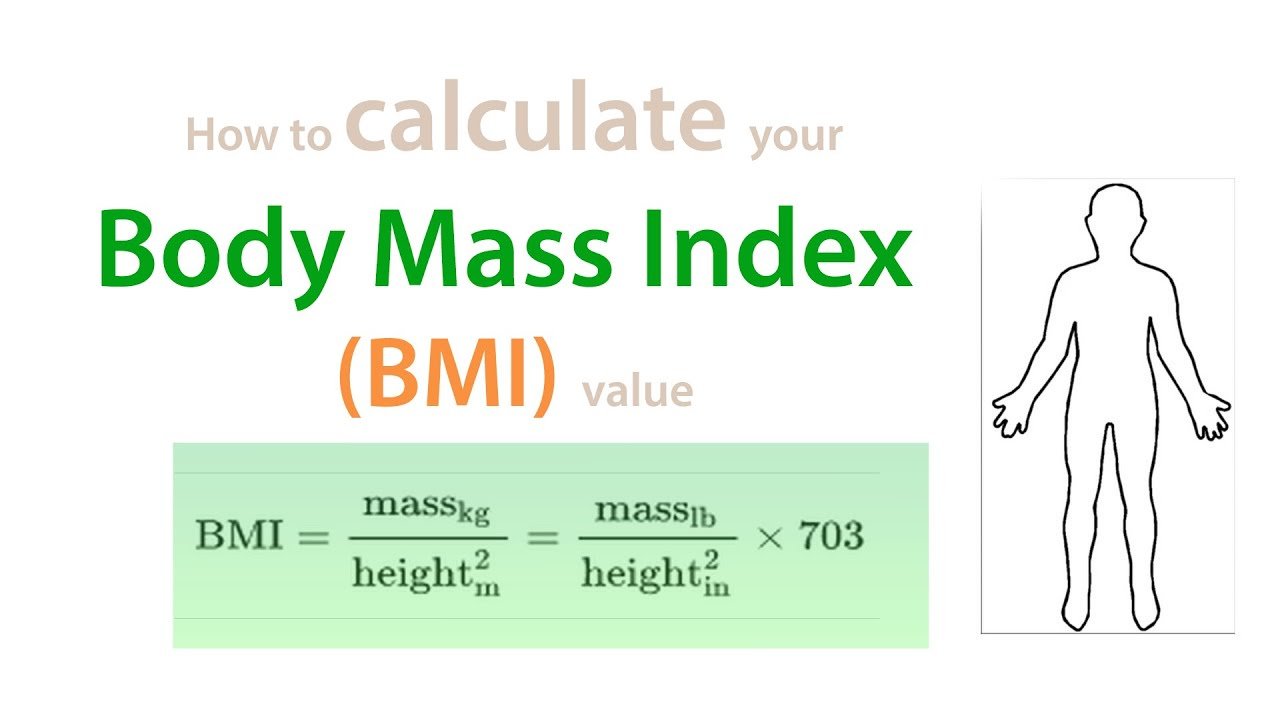Introduction: Regular physical activity is essential for maintaining good health and overall well-being. Engaging in regular exercise has numerous benefits that extend beyond just physical fitness. Whether you’re an athlete or a beginner, incorporating exercise into your daily routine can significantly enhance your quality of life. This article explores the various benefits of regular physical activity, highlighting how it positively impacts your body, mind, and overall lifestyle.
- Improved Physical Health: Regular physical activity has a multitude of positive effects on your physical health. Firstly, it helps in managing weight by burning calories and increasing metabolism. Engaging in activities such as running, swimming, or cycling helps maintain a healthy body weight and reduces the risk of obesity-related diseases such as diabetes and heart conditions. Additionally, regular exercise strengthens muscles and bones, improving overall flexibility and reducing the risk of osteoporosis and fractures. It also enhances cardiovascular health by lowering blood pressure, improving blood circulation, and reducing the risk of heart disease.
- Enhanced Mental Well-being: Physical activity not only benefits the body but also plays a crucial role in promoting mental well-being. Regular exercise releases endorphins, also known as “feel-good” hormones, which help alleviate stress, anxiety, and depression. It boosts mood, reduces symptoms of depression, and enhances overall cognitive function. Engaging in physical activity has also been linked to improved sleep quality, as exercise regulates the sleep-wake cycle, promoting deeper and more restful sleep.
- Increased Energy Levels: Regular physical activity has been shown to increase energy levels and combat feelings of fatigue. Engaging in exercises such as brisk walking, jogging, or aerobic workouts stimulates the production of energy-boosting neurotransmitters, enhancing overall vitality. Regular physical activity also improves the efficiency of your cardiovascular system, allowing your body to transport oxygen and nutrients more effectively, leading to increased energy levels throughout the day.
- Disease Prevention: Engaging in regular physical activity significantly reduces the risk of developing various chronic diseases. Research has shown that physically active individuals have a lower risk of developing conditions such as type 2 diabetes, certain types of cancer (e.g., colon and breast cancer), and metabolic syndrome. Regular exercise also helps in managing and controlling existing health conditions, such as hypertension, high cholesterol, and arthritis. It strengthens the immune system, reducing the likelihood of getting sick and enhancing overall longevity.
- Improved Cognitive Function: Regular physical activity has a positive impact on brain health and cognitive function. It has been found to enhance memory, attention, and concentration, making it particularly beneficial for students, professionals, and older adults. Exercise stimulates the growth of new brain cells and improves the connectivity between different parts of the brain, promoting better overall cognitive performance. Engaging in physical activity can also help reduce the risk of neurodegenerative diseases such as Alzheimer’s and dementia.
- Social Interaction and Emotional Well-being: Participating in physical activities often involves social interaction, whether it’s joining a sports team, attending fitness classes, or working out with a partner. Regular exercise provides an opportunity to meet new people, build friendships, and strengthen existing relationships. This social interaction contributes to emotional well-being, reduces feelings of loneliness and isolation, and improves overall mental health. Additionally, exercising with others can enhance motivation and accountability, making it more likely to stick to a regular exercise routine.
- Increased Productivity and Focus: Regular physical activity has a positive impact on productivity and focus in various aspects of life. Engaging in exercise boosts brain function, improves creativity, and enhances problem-solving skills. It increases overall productivity by reducing stress levels and providing a mental break from daily routines. Physical activity also helps regulate emotions, allowing individuals to manage work-related stress more effectively and maintain a better work-life balance.
![]()





